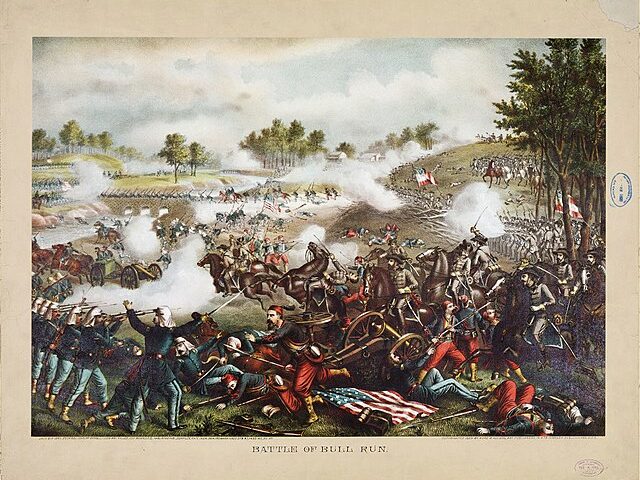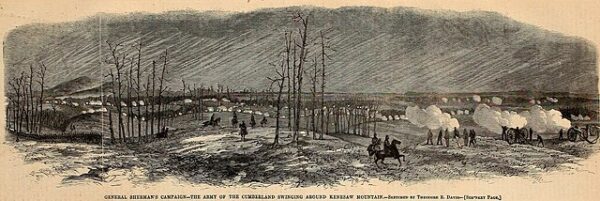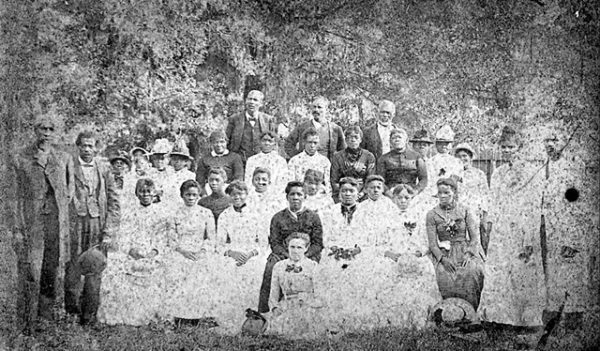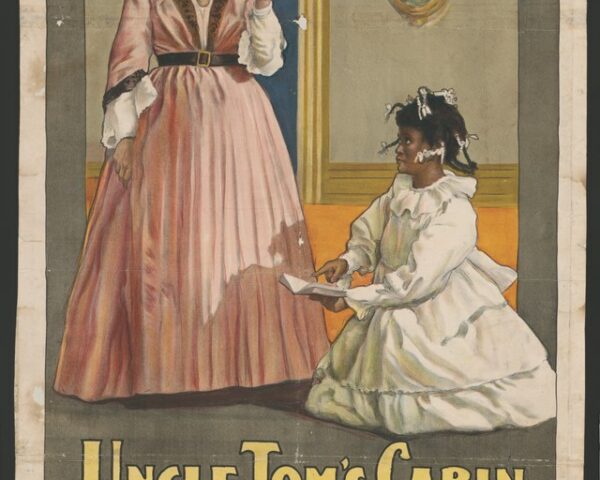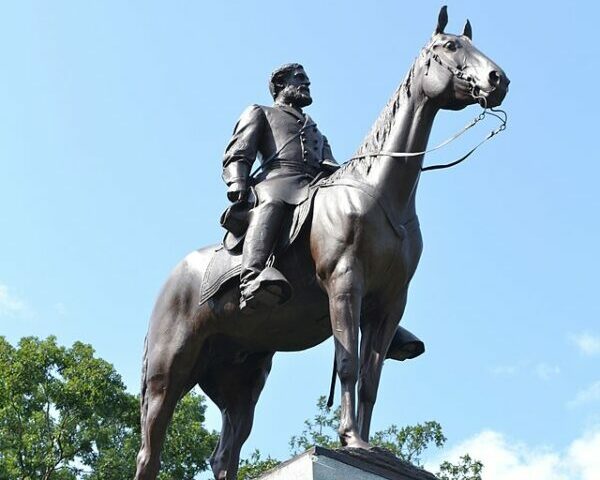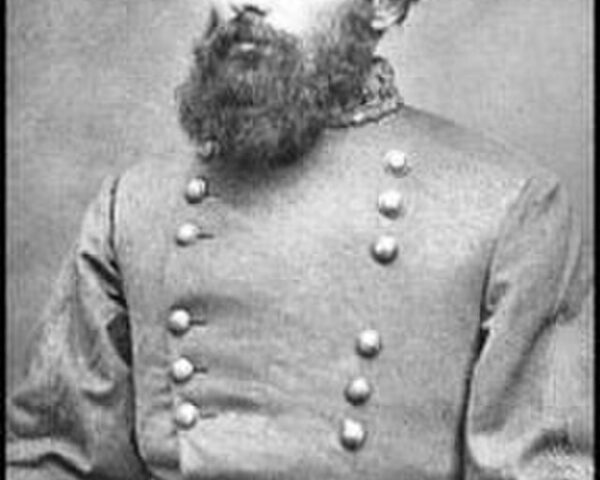On July 28, 1868, the United States certified the 14th Amendment to the Constitution, a transformative moment in American history that fundamentally redefined the nation’s approach to civil rights and equality. This amendment, which arose during the Reconstruction era following the Civil War, sought…
Read MoreOn July 16, 1861, at the direction of President Abraham Lincoln, thousands of Union soldiers crossed the Potomac River and began a grueling 25-mile march toward Manassas Junction, Virginia. The operation, undertaken with the hopes of swiftly crushing the Confederate rebellion, would culminate just…
Read MoreThe New York Draft Riots of 1863 were among the most violent and destructive events in the history of New York City. They occurred from July 13 to July 16, 1863, during a time of immense social, economic, and political turmoil in the United…
Read MoreOn July 12, 1862, during the heart of the Civil War, Congress authorized the Medal of Honor for the United States Army a few months following its initial creation for outstanding acts of bravery and heroism among sailors in the Navy by President Lincoln.…
Read MoreThe Battle of Kennesaw Mountain stands as a stark reminder of the brutal and unyielding nature of the American Civil War. Fought from June 27 to July 2, 1864, it was a significant clash between the Union Army commanded by Major General William T.…
Read MoreJuneteenth, also known as Freedom Day or Emancipation Day, commemorates the emancipation of enslaved African Americans in the United States. The first Juneteenth was celebrated on June 19, 1865, marking a pivotal moment in American history and symbolizing the end of slavery in the…
Read MoreArlington National Cemetery, one of the most hallowed grounds in the United States, has a rich history intertwined with the nation’s Civil War and its aftermath. Its creation was driven by both practical needs and symbolic gestures, transforming a site of personal significance into…
Read MoreIn a quiet but fateful moment on June 5, 1851, the abolitionist newspaper The National Era published the first installment of Uncle Tom’s Cabin; or, Life Among the Lowly, a serialized novel by a relatively unknown New England woman named Harriet Beecher Stowe. The…
Read MoreOn June 3, 1863, the Army of Northern Virginia—ragged, proud, and buoyed by recent triumph—began its long march out of war-ravaged Virginia and into the lush, unbloodied countryside of Pennsylvania. At its head rode General Robert E. Lee, whose strategic genius and battlefield audacity…
Read MoreBy late spring 1865, the Confederacy was collapsing in pieces. Richmond had fallen, Lee had surrendered at Appomattox, and President Jefferson Davis was a fugitive. Yet the vast expanse of the Trans-Mississippi—stretching from Texas to Arkansas and parts of Louisiana—remained a Confederate holdout, largely…
Read More


